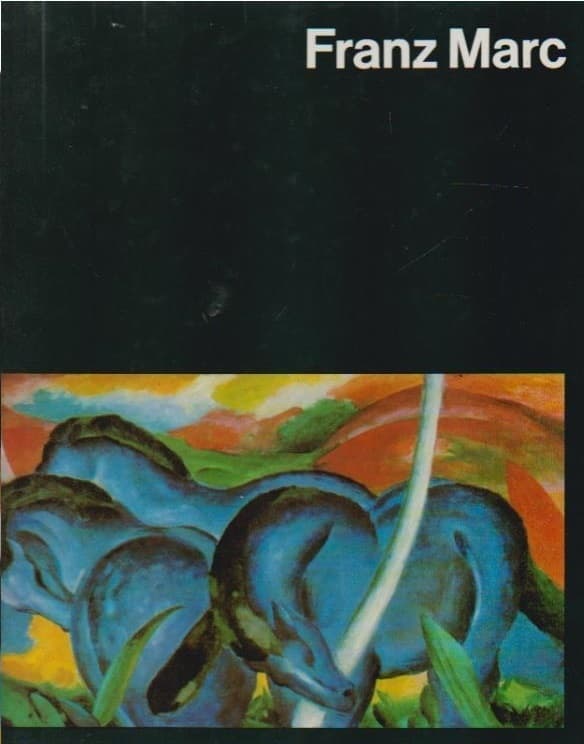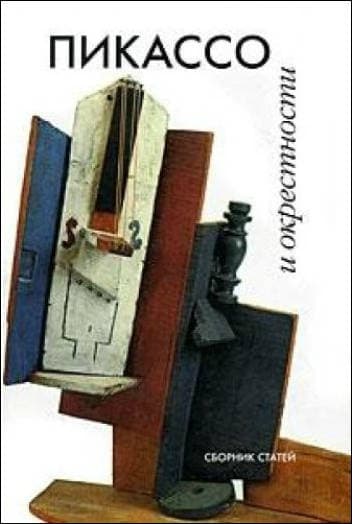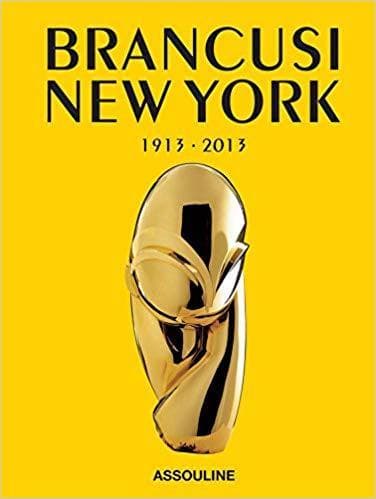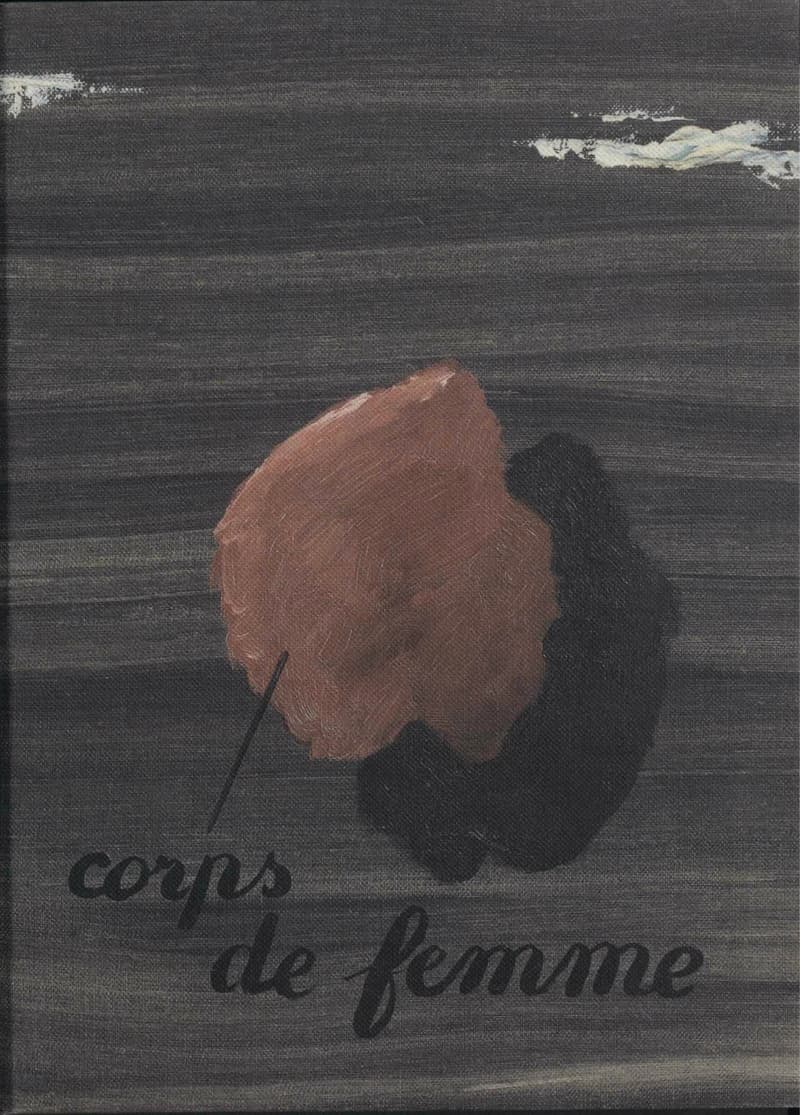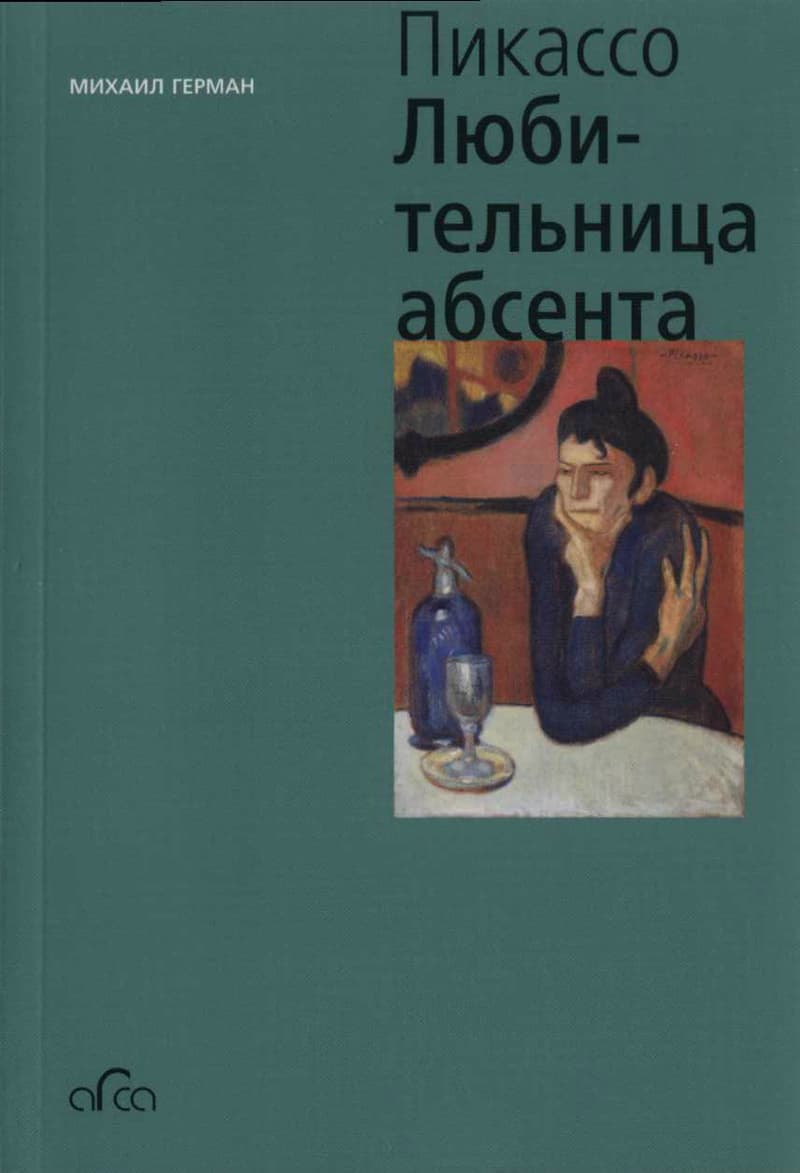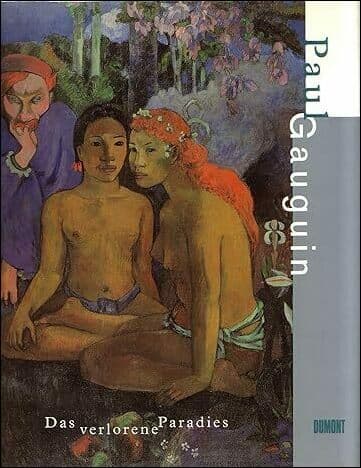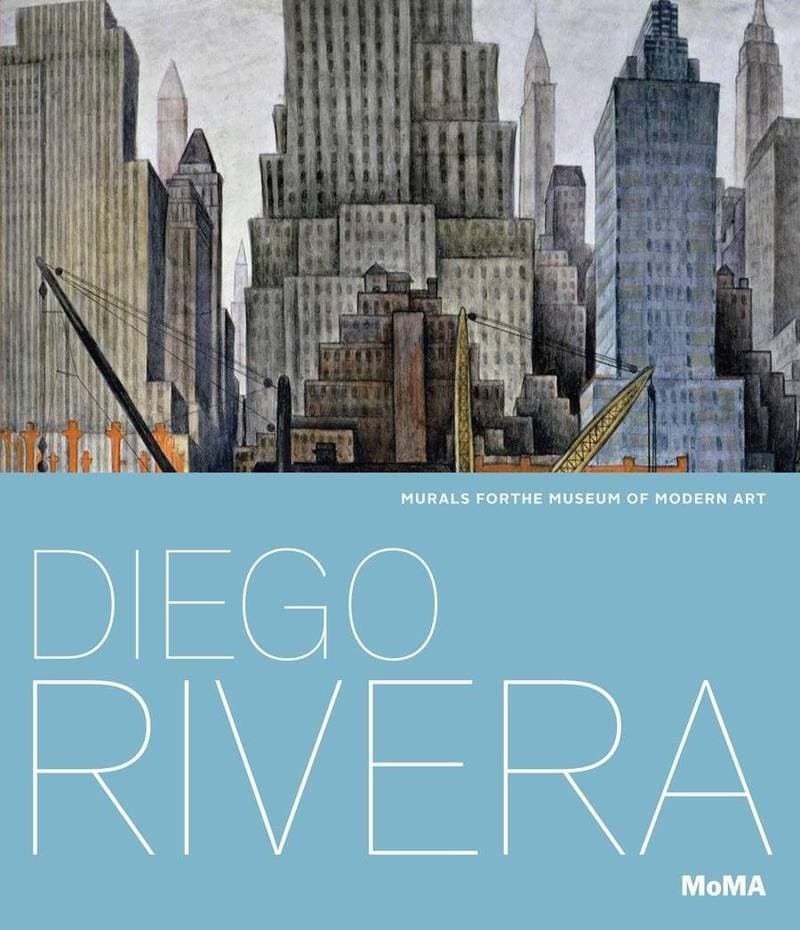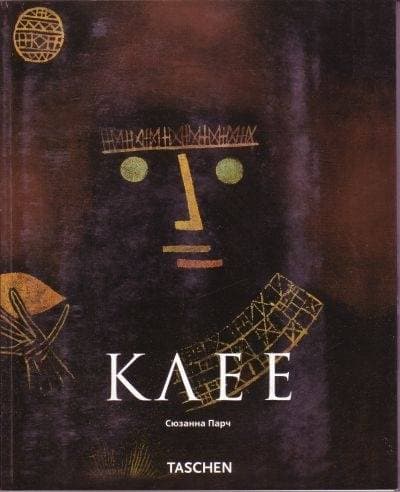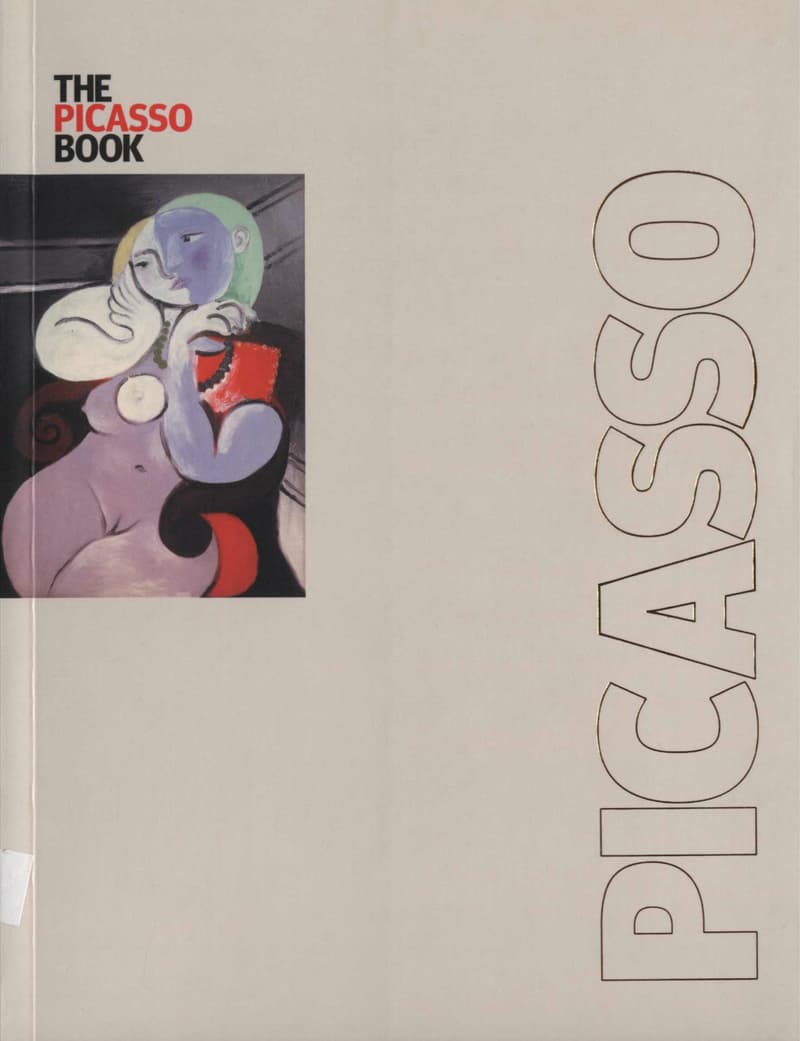The Exiles of Marcel Duchamp
Marcel Duchamp was a famous expatriate, a wanderer, living and working in Paris, New York, and Buenos Aires and escaping from each in turn. But exile, argues T. J. Demos in this innovative reading, is more than a fact in Duchamp's biography. Exile ― in the artist's own words, a “spirit of expatriation” ― infuses Duchamp's entire artistic practice. Duchamp's readymade constructions, his installations for surrealist exhibitions in Paris and New York, and his “portable museum” (the suggestively named La boîte-en-valise), Demos writes, all manifest, define, and exploit the terms of exile in multiple ways. Created while the artist was living variously in New York, Buenos Aires, and occupied France during the global catastrophes of war and fascism, these works express the anguish of displacement and celebrate the freedom of geopolitical homelessness. The “portable museum,” a suitcase containing miniature reproductions of Duchamp's works, for example, represented a complex meditation ― both critical and joyful ― on modern art's tendency toward itinerancy, whereas Duchamp's 1942 installation design entangling a New York gallery in a mile of string announced the dislocated status that many exiled surrealists wished to forget. Duchamp's exile, writes Demos, defines a new ethics of independent life in the modern age of nationalism and advanced capitalism, offering a precursor to our own globalized world of nomadic subjects and dispersed experience.
Данные книги
Графика, Дадаизм, Инсталляция, Скульптура, Сюрреализм, Фотография
Кембридж
2007
304 страницы
9780262518116
Доступ по запросу
Да
Да
709.201 Duc
1
- Franz Marc1987
- Пикассо и окрестности: Сборник статей2006
- Brancusi New York: 1913–20132013
- Edward Hopper and the American Imagination1995
- Письма к друзьям2015
- Rene Magritte (Or: The Rule of Metaphor)2018
- Пабло Пикассо. «Любительница абсента»2019
- Hans Richter: Encounters2013
- Paul Gauguin: Das verlorene Paradies1998
- Diego Rivera: Murals for the Museum of Modern Art2011
- Пауль Клее2007
- The Picasso Book2010

